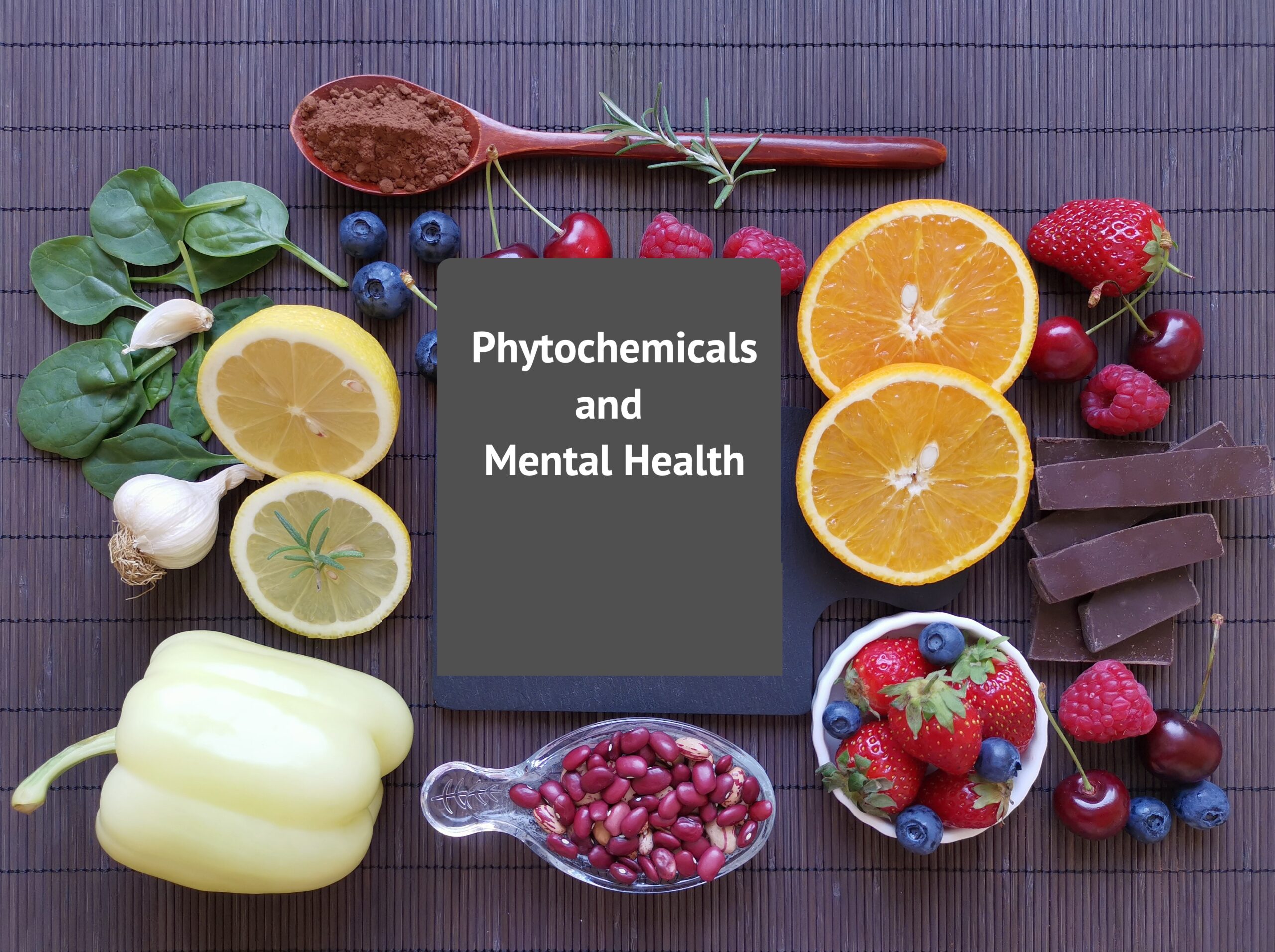

Phytochemicals and Mental Health
The CNP Phytochemicals and Mental Health Research Category highlights research exploring the effect of the many phytochemicals including polyphenols, carotenoids, and flavonoids on the brain and psychological functioning and mental health. To view each original study on the open internet, click “Original.” To view the CNP-written abstract summary, click “CNP Summary.” While only some of the CNP-written abstract summaries are available below for free, all abstract summaries are available to CNP members through the CNP Library Membership.
FEATURED CNP RESEARCH SUMMARY
Depression is one of the most prevalent mental health disorders, afflicting thought, emotional state, behavior, and the general welfare of patients. The WHO projects that depression will be the first suspect behind several other prevalent diseases by 2030. Currently, available pharmacological therapy for depression is riddled with poor safety profiles, chronicity of treatment course, and poor response due to the complex nature of these depressive disorders. Furthermore, pharmacotherapeutics cannot be administered until the patients suffer from significant impairment to activities of daily life, and have a narrow scope of physiologic action. In comparison, plant-occurring natural compounds, such as flavonoids, were shown to have a wide scope of physiologic action, interacting with several molecular and neuronal pathways to exert their antidepressant activity. Pannu et al. (2021) speculate that flavonoids would be beneficial in individuals who are on the precipice of developing clinical depression, and endeavored through their review to examine pre-clinical depression studies and the links between the structure and action of flavonoids, and to outline recommendations for clinical trials aimed at developing flavonoid-based novel antidepressants.
2021
Cocoa flavanols improve vascular responses to acute mental stress in young healthy adults
CNP Research Summary can be found in the CNP Library Membership
2023
Altered gut bacterial-fungal interkingdom networks in children and adolescents with depression
2020
Moderators of the impact of (poly)phenols interventions on psychomotor functions and BDNF: Insights from subgroup analysis and meta-regression
CNP Research Summary can be found in the CNP Library Membership
2022
Association of dietary intake of flavonols with changes in global cognition and several cognitive abilities
CNP Research Summary can be found in the CNP Library Membership
2020
Molecular insight into the therapeutic promise of flavonoids against Alzheimer's disease
2018
Effects and mechanisms of actions of phytochemicals on Alzheimer's disease neuropathology
CNP Research Summary can be found in the CNP Library Membership
2018
Withania somnifera as a potential anxiolytic and anti-inflammatory candidate against systemic lipopolysaccharide-induced neuroinflammation
2018
Dietary polyphenol intake and depression: Results from the Mediterranean Healthy Eating, Lifestyle and Aging (MEAL) Study
CNP Research Summary can be found in the CNP Library Membership
2020
Anti-stress effects of polyphenols: Animal models and human trials
2022
Ancestral food sources rich in polyphenols, their metabolism, and the potential influence of gut microbiota in the management of depression and anxiety
CNP Research Summary can be found in the CNP Library Membership
2022
Polyphenols inhibiting MAPK signalling pathway mediated oxidative stress and inflammation in depression
CNP Research Summary can be found in the CNP Library Membership
2019
[Effect and mechanism of bamboo leaf flavonoids on depression in type 2 diabetic rats]
2021
Effects of polyphenol supplementations on improving depression, anxiety, and quality of life in patients with depression
CNP Research Summary can be found in the CNP Library Membership
2020
Effects of polyphenols in a Mediterranean Diet on symptoms of depression: A systematic literature review
2021
Exploring the impact of flavonoids on symptoms of depression: A systematic review and meta-analysis
CNP Research Summary can be found in the CNP Library Membership
2020
Flavonoid-rich orange juice intake and altered gut microbiome in young adults with depressive symptom: A randomized controlled study
2020
Associations between dietary carotenoid intakes and the risk of depressive symptoms
CNP Research Summary can be found in the CNP Library Membership
2021
Dietary carotenoids intake and depressive symptoms in US adults, NHANES 2015-2016
2021
Dietary intake of flavonoids and carotenoids is associated with anti-depressive symptoms: Epidemiological study and in silico-mechanism analysis
CNP Research Summary can be found in the CNP Library Membership
2017
Antidepressant flavonoids and their relationship with oxidative stress
2020
Flavonoids as therapeutic candidates for emotional disorders such as anxiety and depression
CNP Research Summary can be found in the CNP Library Membership
2021
Flavonoids and intestinal microbes interact to alleviate depression
